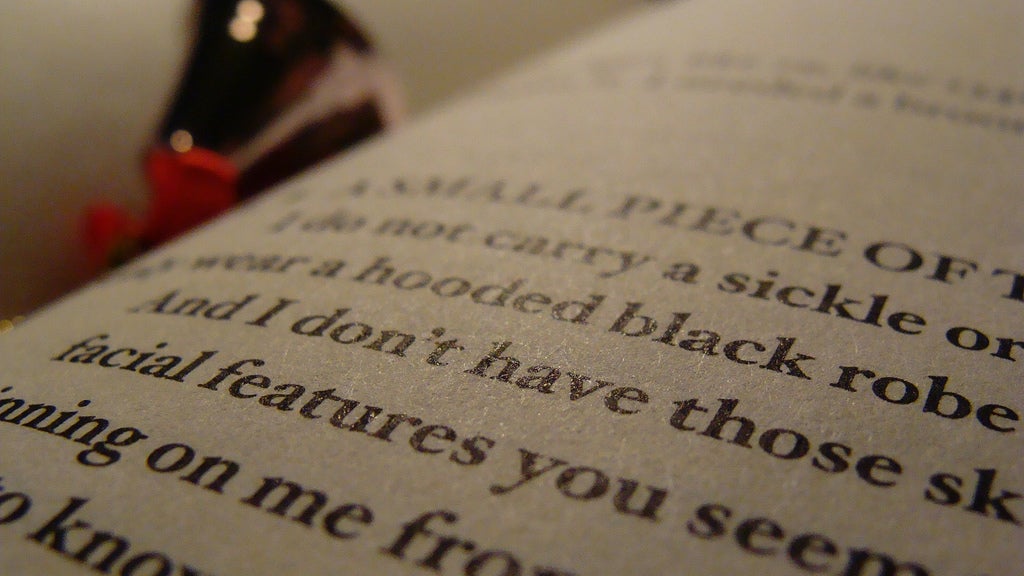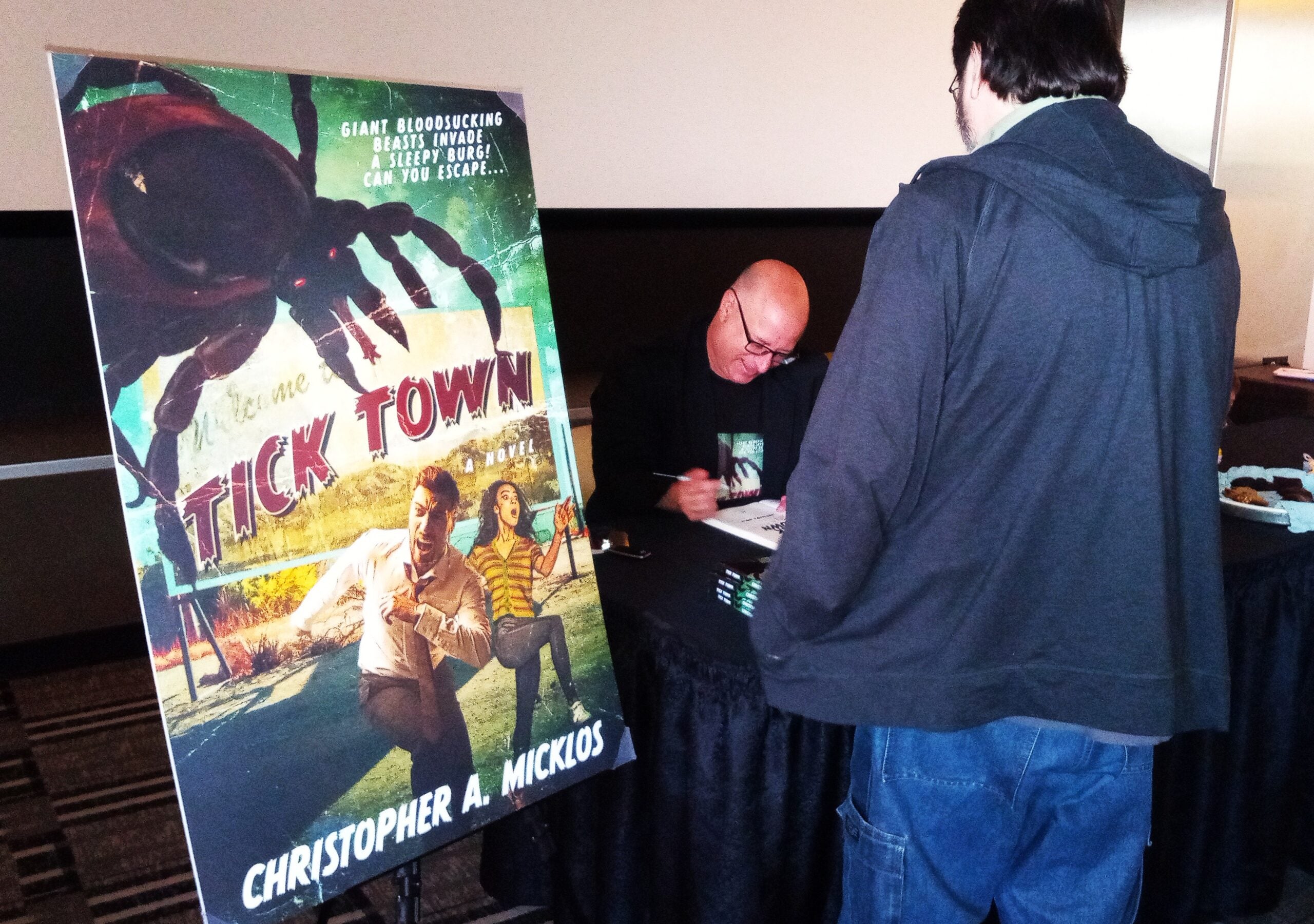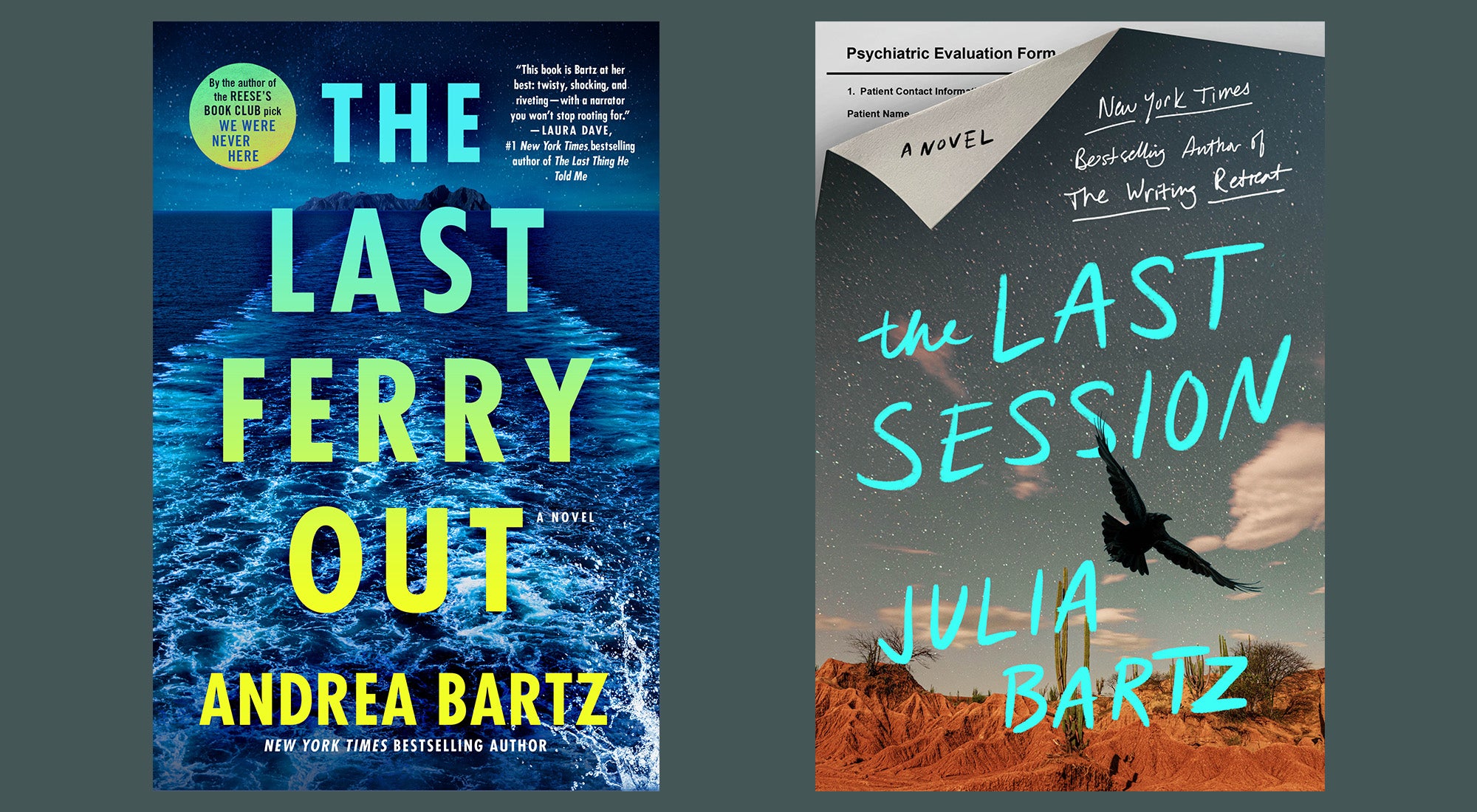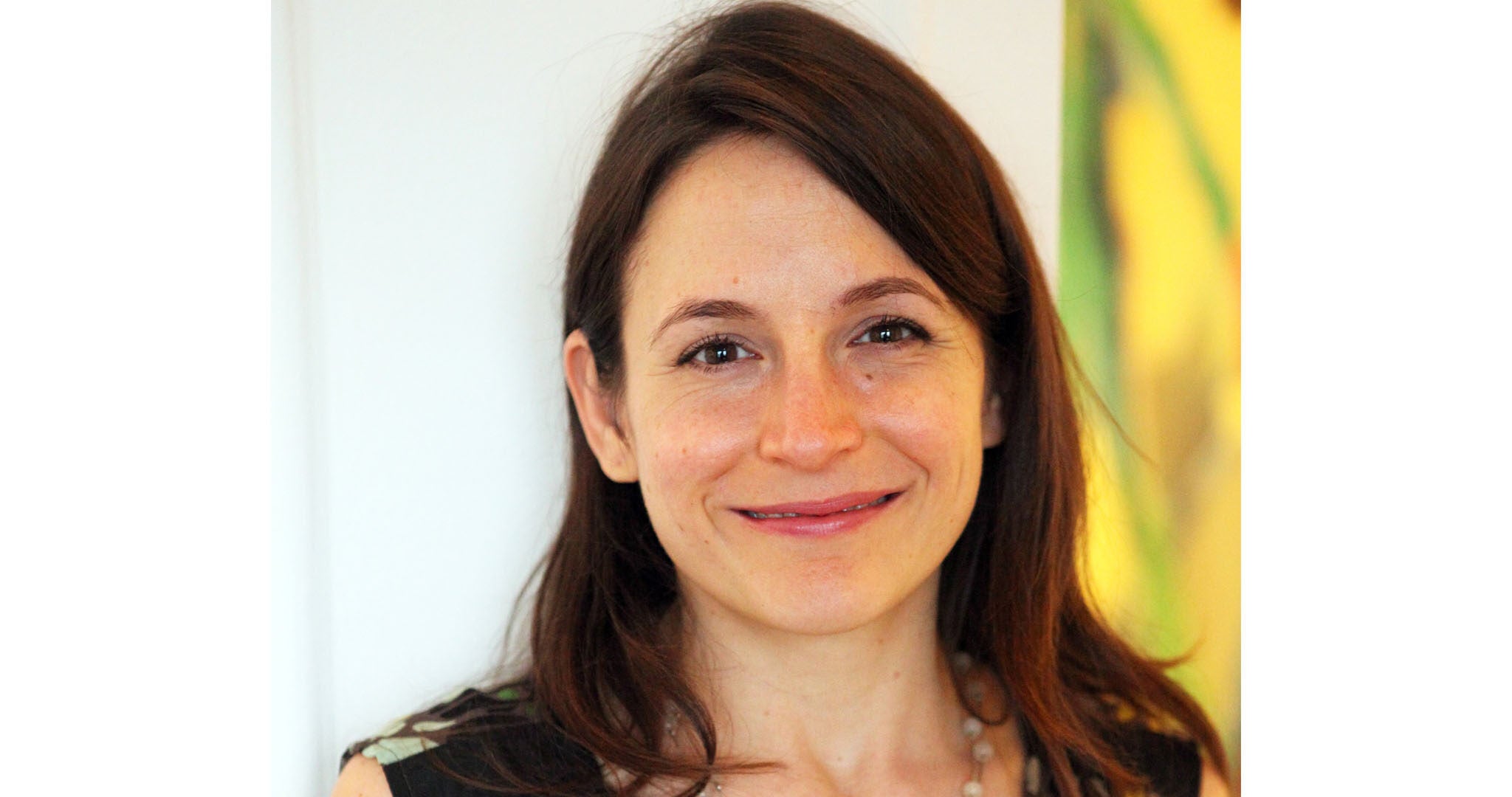Writers hoping to pen a New York Times bestseller have a new reason to rejoice – a computer algorithm may be able to help write the next great American novel. Using data gleaned from nearly 30,000 recently published popular books, the so-called “bestseller-ometer” can predict with 80-percent accuracy whether a manuscript will be successful or not.
Jodie Archer, along with her PhD advisor at Stanford University, Matthew Jockers, created the algorithm, which she said was inspired by a nagging question that plagued her while she was an acquisitions editor at Penguin UK.
“At the time Dan Brown’s ‘Da Vinci Code’ was No. 1 everywhere in the world,” Archer recalled. “And I just sort of sat and thought, ‘Why is the whole world fascinated with this book?’”
News with a little more humanity
WPR’s “Wisconsin Today” newsletter keeps you connected to the state you love without feeling overwhelmed. No paywall. No agenda. No corporate filter.
To tease apart the ingredients of bestselling fiction, Archer’s model looked at five broad categories: plot, style, theme or topic, setting and character. While many of her findings reinforce well-known elements of good writing, the algorithm did offer a few surprises. For instance, “Fifty Shades of Grey” notwithstanding, it found sex generally doesn’t sell. Instead readers are more drawn to scenes depicting human closeness.
“It says something about the nature of fiction and why we read, but it also shows us how often those writers who are not selling well are failing to include that soft human touch in their writing,” Archer said.
The algorithm also discovered that most successful novels fell into one of seven plotlines, though Archer said choosing the right structure is less important than developing the kind of compelling emotional highs and lows that hook readers.
Augmenting authors, not replacing them
While the technology may conjure up fears of computers someday rendering authors obsolete, Archer said she believes algorithms like hers are nowhere near the point of replacing human writers. Even though there are projects that aim to create computer-authored novels, they mostly sample and reconfigure phrases from already published books– they’re essentially derivative mashups powered by human creativity.
In addition, Archer said she believes intelligent machines are not yet sophisticated enough to accurately depict the kind of human closeness readers love.
Instead, Archer believes her algorithm could be a boon for writers and the publishing industry, shining a light on great works that acquisitions editors otherwise might miss.
A model for the model
So of all the books the algorithm looked at, are there any examples that come closest to being a paradigmatic bestseller?
In an ironic twist that seems straight out of fiction, Archer’s model awarded “The Circle” by Dave Eggers a perfect rating in all of the areas it looked at. Soon to be released as a movie starring Emma Watson, it’s a dystopian story about a powerful tech company with ambitions to control all aspects of daily life.
“We definitely laughed in the office (because) the algorithm had chosen itself,” Archer said.
It goes to show that while an algorithm may not be as smart as humans, it certainly could have a sense of humor.







